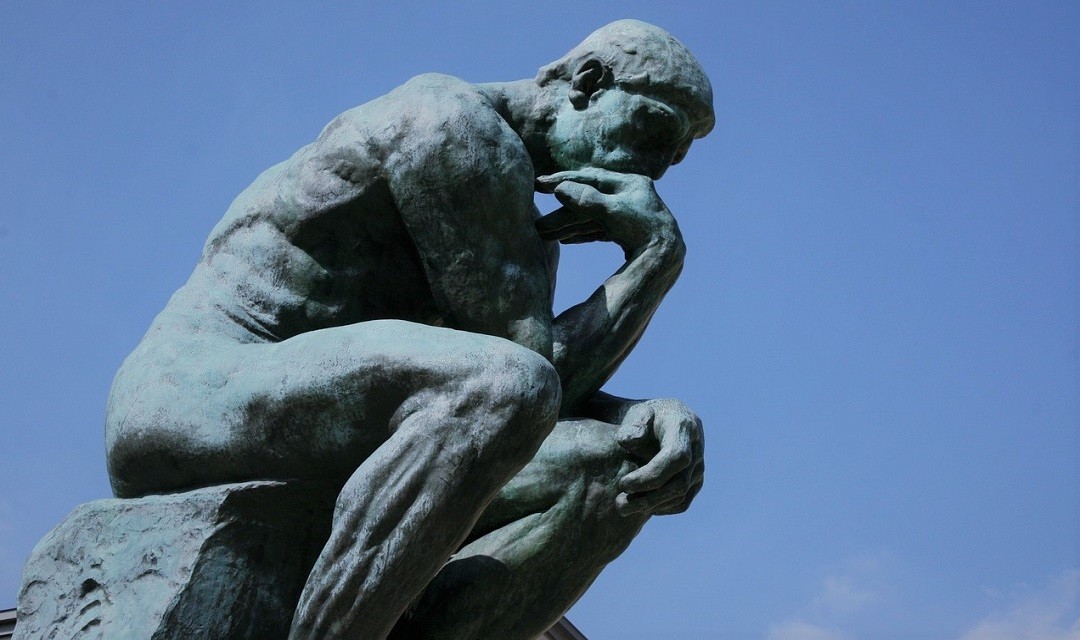This viewpoint article first appeared in the Christian Research Journal, volume 32, number 3 (2009).
Viewpoint articles address relevant contemporary issues in discernment and apologetics from a particular perspective that is usually not shared by all Christians, with the intended result that Christians’ thinking on that issue will be stimulated and enhanced (whether or not people end up agreeing with the author’s opinion).
For further information or to support the Christian Research Journal please click here.
The great Satchel Paige once said, “It’s mind over matter. If you don’t mind, it don’t matter.” His words invariably generate smiles, but their humorous façade veils volumes of brain-taxing work encompassing philosophy, theology, psychology, neurology, phenomenology, and even the chemistry of consciousness. Despite millennia of reflection, research, and rigorous debate, however, there is still no widely accepted adequate definition of what mind or consciousness is. In fact, the mind-body relationship continues to be the focus of major amounts of research, and yet the mysterious matter of mind remains elusive even to leading cognitive and neuroscientists.
At a more practical level, Paige’s immortal quote cuts to one of the most important tasks facing us as Christians and students of apologetics: mindset management. Whether we view the issue of “mindsets” (or, loosely speaking, “paradigms”) scientifically as did Thomas Kuhn in The Structure of Scientific Revolutions, popularly as did Joel Barker in his book Paradigms, or pragmatically as do hundreds of self-help books (religious and secular), it’s clear that there is little more fundamental to the quality of our lives and witness than the quality of our consciousness. As Proverbs puts it succinctly, “As he thinks in his heart, so is he” (23:7 NKJV).
John Locke cautioned, “In truth, the ideas and images in men’s minds are the invisible powers that constantly govern them.”1 As I reflect on the fascinating variety of perspectives that surface in most discussions of truth, I strive to remember that each of us figuratively wears “contact lenses” of differing prescriptions that fundamentally alter the way we perceive all that we come into contact with. Although it is a downright irritating insight to many people, no one objectively and neutrally observes events and sees them as they are, despite persistent illusions to the contrary. The internal projector of the mind is continuously imposing on the external world an incessant (and almost always unconscious) stream of psychic “noise” in the form of conceptual categories, preconceptions, biases, selective perception, selective distortion, selective recall, and so forth. To a degree that can be devilishly disturbing, we are all encapsulated in our own psycho-epistemological cocoons, seeing only what our paradigms and mental images allow us to see.
The Power of Images
In a book profoundly relevant to our challenging times, Appreciative Inquiry, Dr. David Cooperrider explores the criticality of our mental images and the extent to which these images actually alter the realities in which we live. Called the heliotropic hypothesis—based on the directional growth of plants in response to sunlight—his hypothesis is that individually, organizationally, and socio-culturally we tend to grow most rapidly and healthily in the direction of positive, life-affirming images.
In fact, in a sweeping study of Western civilization, the Dutch sociologist Fred Polak speaks to the power of our mental images of the future as the single most important dynamic and explanation for understanding cultural evolution: “The rise and fall of images of the future precedes or accompanies the rise and fall of cultures. As long as a society’s image is positive and flourishing, the flower of culture is in full bloom. Once the image begins to decay and lose its vitality, however, the culture does not long survive.” (emphasis in original)2
Because in the continuing war on truth (and the relentless battle for the allegiance of hearts and minds) powerful ideas are contagious—and because our shared images, ideas, and thoughts profoundly shape not only the realities in which we live, but also the world we will bequeath to future generations—mindset management is no small priority (cf. 2 Cor. 10:4–5; Phil. 4:8). With that in mind, is it time for an image audit?
—Larry F. Johnston
Larry F. Johnston, Ph.D., is president of McConkey•Johnston International, a consulting firm that works with Christian organizations internationally. CRI is one of his clients.
Notes
- John Locke, Of the Conduct of the Understanding, section one, online at http://www.ilt.columbia.edu/publications/CESdigital/locke/conduct/sect/section_01.html.
- Quoted in David L. Cooperrider, et al., eds., Appreciative Inquiry: Rethinking Human Organization Toward a Positive Theory of Change (Champaign, Ill.: Stipes Publishing, L.L.C., 2000), 43.









